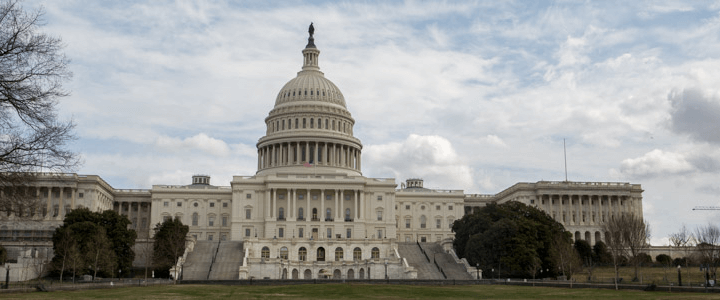You could be forgiven for thinking that Congress has put the Office of Personnel Management (OPM) on notice regarding the unacceptable delays in investigating and adjudicating new security clearance applications and completing periodic reinvestigations for federal employees. Congress did address the issue this week, but not in any meaningful manner.
It’s no secret OPM is woefully behind schedule. It can take more than 500 days to process a Top Secret clearance application, and there are nearly 700,000 uncompleted investigation in the queue.
As the person responsible for filling political appointments in my former home state once told me, “we’ve got a big government to run.” The Federal government is even bigger. Increasingly, federal employees need security clearances for the most mundane tasks. So the investigations backlog is a serious issue.
It’s reasonable to expect Congress to provide the Office of Personnel Management with the resources it needs to fix this issue. But we’re not there yet.
RETURN TO REGULAR ORDER
The House of Representatives is doing its best to return to “regular order,” the normal process of drafting a budget resolution and appropriating funds from the Treasury. The Budget resolution sets overall taxing and spending limits for the Federal government and tells each of the 12 subcommittees on the Appropriations Committee how much money they have to work with.
The budget resolution is supposed to come before the rest of the process, and needs the agreement of both the House and the Senate. However, the House just passed its budget resolution on Wednesday, even though the Appropriations committee has already published seven of the individual appropriations acts. Baby steps.
With each appropriations bill, the committee issues a report that explains the bill’s contents and includes other policy priorities. House Report 115-234 is the corresponding report for H.R. 3280, the Financial Services and General Government Appropriations Bill, which funds the executive branch’s independent agencies.
In this report, the committee expresses its frustration with the slow security clearance process. It professed it frustration “with the length of time it takes OPM to conduct initial security clearance investigations and reinvestigations when Federal employees’ current level clearance expires.” It went on to say that “security clearance delays are unacceptable as this reduces the ability of the Federal government to hire highly qualified employees to serve in important defense and national security positions.”
“Therefore,” it concluded, “the Committee expects OPM to continue to make security clearance processing a priority and to make necessary administrative or regulatory reforms to expedite investigations, reviews, and approvals.”
A REPORT HAS NO FORCE OF LAW
The problem here is that Congress wants it both ways. Committee reports are just that. They are not part of the text of the legislation and Congress has no authority to enforce compliance with anything in them.
I was once responsible for drafting responses to Congressionally directed reports. As part of the rhetorical dance between the executive and the legislative branches, we took our subtle digs in these responses.
Every time Congress asks for a report from an executive department, it “directs” it to submit that report. But when Congress used report language to “direct” us to report to them, in our response, our general counsel ensured we changed “directed” to “requested.” It was our small way of reminding them that their reports could not compel us to do anything; only a law could.
That’s what’s at work here. Congress gets to tell the voters it cracked the whip over investigation delays without spending any additional money to actually affect change. If our lawmakers were serious about processing applications for security clearances in a timely manner, they’d find the money to hire more investigators and adjudicators.
Don’t hold your breath waiting for any of that to happen.


